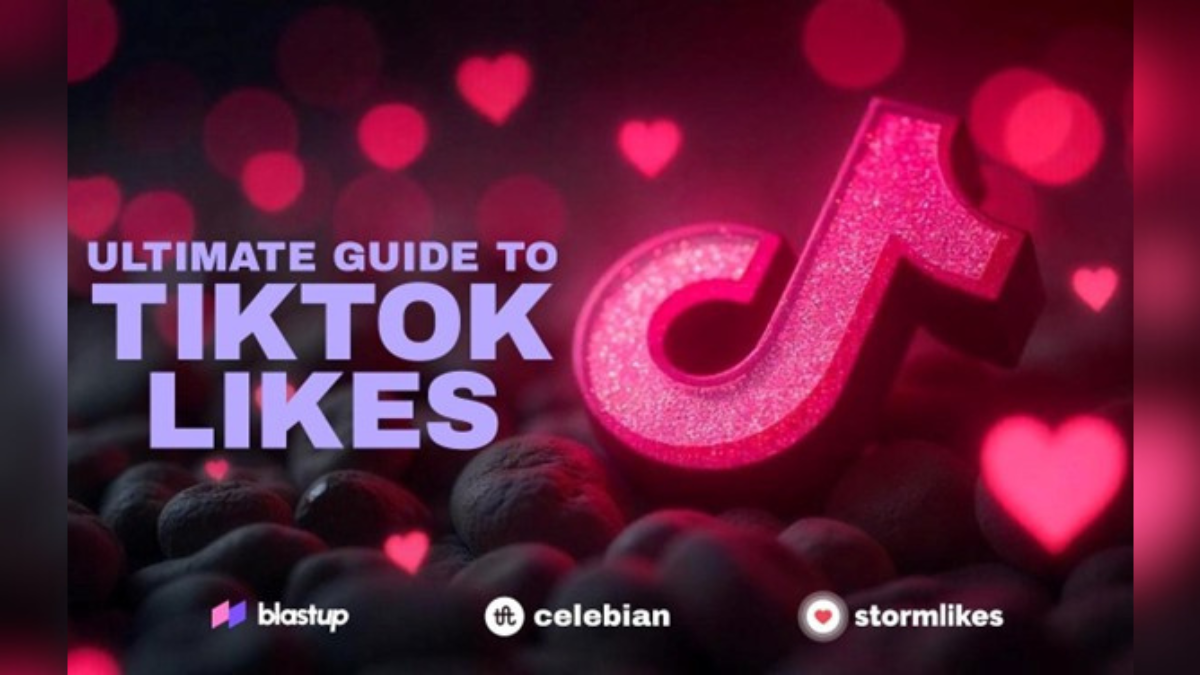Your Guide to KYC in Casinos

Sept. 10 2024, Published 3:00 a.m. ET
For new and experienced gamblers alike, one thing you are sure to come across if you are looking to use the services of an online casino is the three letters “KYC.” Some people will insist that you use a casino that collects your KYC data, and others will advise that you only consider casinos without KYC checks so you don’t have to share your ID documents and can start playing immediately when signing up. Their reasons are usually a marriage between protecting your data, gaming anonymously, and keeping prying eyes out. But KYC casinos also advertise that the reason they collect your data is to keep you safe, so what exactly is it? What is KYC, and why is it so important when gambling online? The answers to these questions are here in this A to Z guide about KYC in casinos.
What exactly does KYC mean?
As you probably guessed, KYC is an acronym that stands for Know Your Customer. It allows the casino to collect just enough information about you to have your profile in their database.
It is important to note that KYC is not restricted to online casinos. Any investment and financial services company can and, in most cases, be mandated to collect user KYC data to assess if there are any potential risks when the user in question is allowed to access their services. These risks can range anywhere from money laundering to terrorist financing, which is why KYC and AML (anti-money laundering measures) are usually mentioned in the same breath.
There are three components to the KYC data being collected.
The first one is the Customer Identification Program (CIP), which requires the outfit to collect at least four pieces of information that can positively ID them. This typically includes their name, identification number, date of birth (DOB), and home address.
The second component is Customer Due Diligence (CDD), which is when the government documents that are requested, usually passports, Permanent Account Numbers (PANs), bank statements, income proof, address proof, driving license, and voter ID, are scrutinized to ensure they are authentic. These documents are used to conduct a risk assessment and are usually referred to during the customer’s lifecycle with the outfit.
The third and last one is Enhanced Due Diligence (EDD). This comes into play in situations where the persons being accredited are at a higher risk of falling foul of the law. This might be a more immediate risk of terrorist financing, infiltration, or money laundering. As a result, they might be required to provide even more data to remove any doubts and provide authenticity to their claims. People who fall into this category are usually customers who are registering from high-risk countries, politically exposed persons (PEPs), customers who are non-residential, customers with complicated ownership structures, and customers who have tainted records with dubious dealings.
Why are they put in place?
Ask someone who’s looking to wager only $5 on their game of choice, and they’ll tell you that the KYC kerfuffle sounds and reads like overkill to them. They don’t have anything to lose, just their meager $5 and a weekly gaming budget of $100 that they can afford to part with, so why offer that much of their information for very meaningless protection? It is a rip-off they might add as they log out of any website that asks them for their data. And this is simply because they do not understand that money, in a way, is the least in the number of things they stand to lose.
Cybersecurity has become very important in today’s world because of cyber attacks and cyber breaches, and the perpetrators behind them are ruthless. The scale with which these attacks are carried out is outlandish. One example that puts this into perspective is when thousands of guests at the MGM Resorts in Vegas were unable to get into their rooms after a cyber attack that required help from the FBI. This just shows that there’s so much at stake outside of money. It can be your time, and like they say, time is money. Now that things are in perspective let’s explore how these KYC requirements keep you safe beyond keeping your wager and gambling budget in your wallet.
Your safety
Cyber attacks come in many forms, but very few are as dangerous as social engineering, the most common of which is phishing. Phishing essentially is when people try to trick you into providing damaging information that can then be used to facilitate a hack. The rate at which online gaming is booming, more people are joining many online casinos, and the introduction of technologies like AR, VR, and AI means the lines between the brick-and-mortar experience and the online experience are gradually blurring. Consequently, many people can log on to their favorite sites to play live dealer games against other opponents the world over and even make online friends, as is common on other gaming platforms like PlayStation Plus, Nintendo Switch Online, or the Xbox game pass. However, unlike you, who is there for the experience, some players are there for more nefarious reasons.
Typically, this is where the website warns you of your interaction with the player when it suspects that something is amiss and how it knows to do this is because, like you, the player in question also submitted KYC information, which has been cross-referenced with their database where suspicious activity was found. Because of this timely intervention, you become more aware and careful, and the player with malicious intent is kicked out of the platform, and safety is restored; safety for you.
The casino’s safety
While hackers might not want your humble wagering budget, they might have an interest in the casino’s pot, which you are trying to win from. Remember the attack on MGM mentioned earlier in the article? The same hackers, dubbed the “Scattered Spiders,” also attacked Caesers, locked them out of their system, and demanded $30 million in ransom, with Caesar's negotiating and coughing up $15 million instead. These risks are real, and casinos intend to cover all bases, leaving no low-hanging fruits, and having a detailed KYC process plays its part.
Besides avoiding a repeat of Caesar’s ransomware hack, many casinos are mandated to collect KYC data from their would-be customers. Failure to do so could see them face fines and punishments that can be as severe as having their licenses revoked.

Are KYC casinos too much of a gamble?
It is without any doubt that casinos with KYC casinos do it for their user’s safety as well as theirs, but it is not foolproof. This is most evident with the fact that giants of industry like MGM and Caesar, with millions of dollars invested in cybersecurity, can still be hacked. In the event of a hack, all the user data are immediately available to the hacker. This then begs the question, would you trust your casino, online or offline, to keep your data safe, or will you back yourself to do a better job than they can?
Credit card fraud, impersonations, and having your information traded on the dark web. These are only some of the issues faced if your information is carted from an attack on a centralized database, and they are more common than you’d think. So, what do you think? Do you still want to take that gamble with a KYC casino or take matters of your own security into your own hands like some celebrities have been noted to do? The ball is in your court.
The information provided in this article is for general informational purposes only. Gamble or play responsibly. If you or someone you know has a gambling problem, help is available. Call 1-800-GAMBLER. If you’re in the U.K. and need help with a gambling problem, call the National Gambling Helpline on 0808 8020 133 or go to gamstop.co.uk to be excluded from all UK-regulated gambling websites. We disclaim any liability for any loss or damage arising directly or indirectly from the use of, or reliance on, the information presented.


